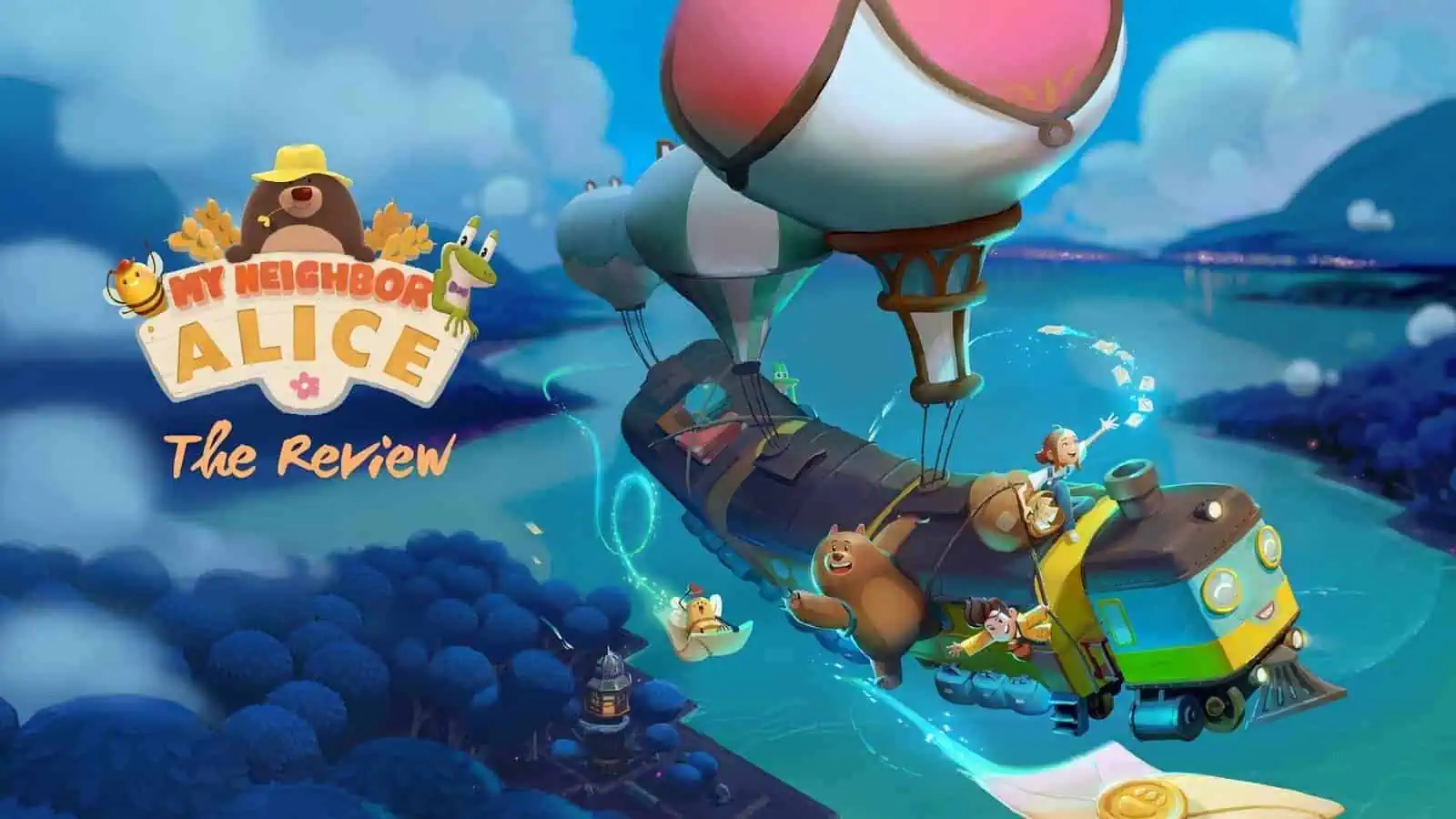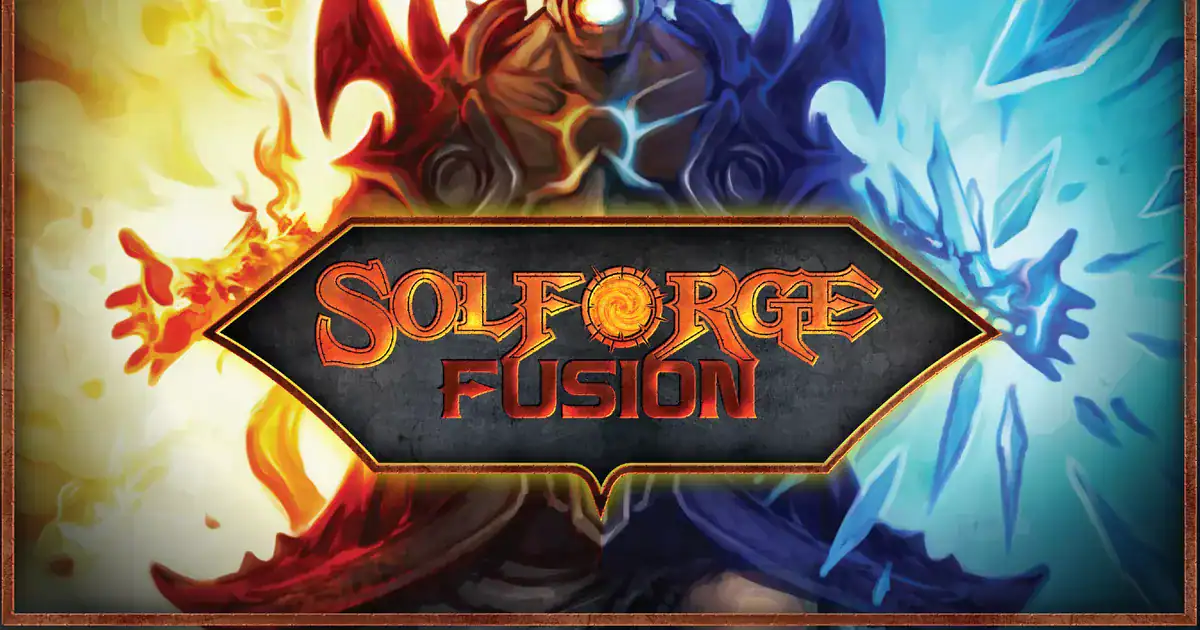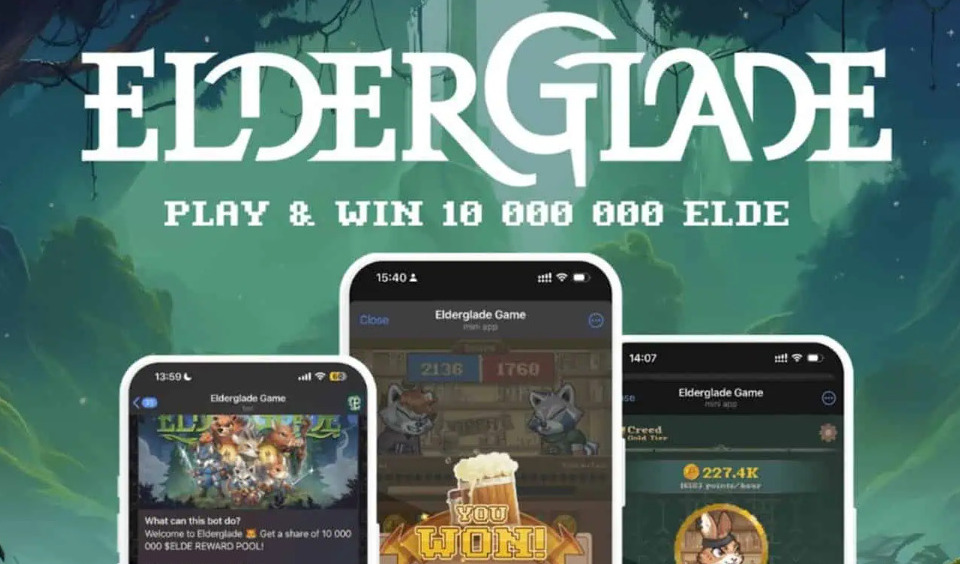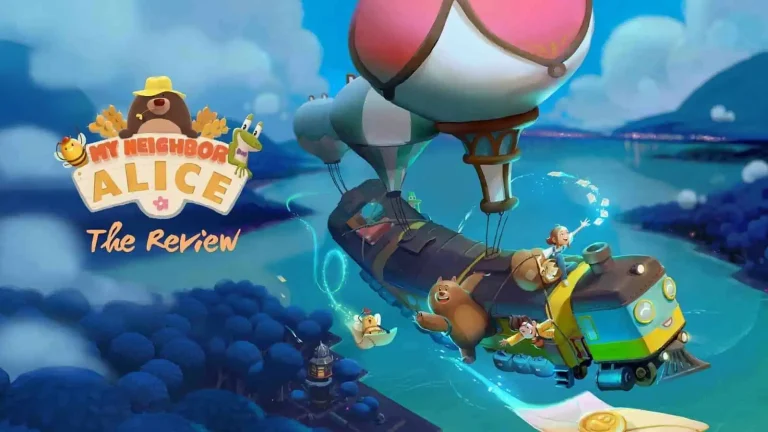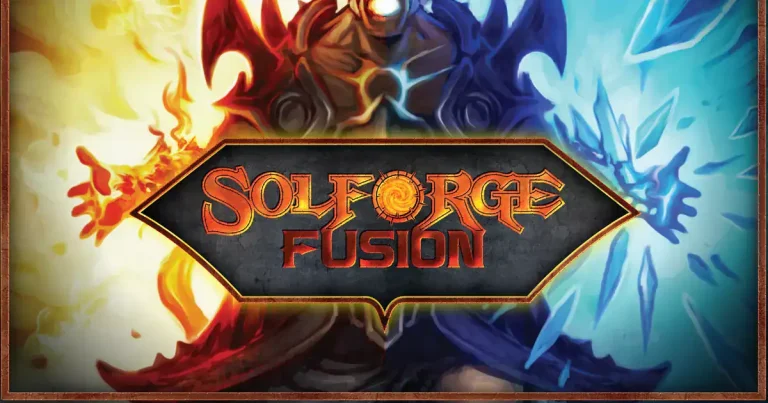TL;DR
- Pixels CEO advocates moving beyond play-to-earn to sustainable revenue models.
- The RORS metric measures economic health by comparing rewards to spending.
- The Chubkins app tests this new Web3 economic strategy and metrics.
Luke Barwikowski, CEO of Pixels, outlined a practical roadmap for the economic survival of Web3 games. He called for a shift away from the “play-to-earn” dogma toward operational metrics such as RORS and hybrid strategies that prioritize sustainable revenue. The presentation took place at the YGG Play Summit in Manila and focused on monetization and the adoption of proven Web2 tactics.
Barwikowski framed the basic problem: early play-to-earn models created unbalanced economies. In these systems, roughly 1% of users absorbed half the rewards, leading to token devaluation and project collapse.
To measure economic health, Pixels developed the Return On Reward Spend (RORS) indicator, which relates rewards distributed to in-game spend. According to the presentation, Pixels achieved a positive RORS between 1 and 1.05 and maintains an operating margin of 5% for the ecosystem.
This structure also feeds targeted rewards models, while “Unions” —free factions with light competitive loops and dynamic leaderboards— fund prizes with a 5–10% rake on in-game spend.
A notable operational element was the investment in a targeted rewarded-offers system. The team spent 18 months, with almost half the company dedicated to building a rewards platform that works like an advanced loyalty program, aimed at segmenting users and maximizing RORS through re-engagement and buyer conversion.
Adaptation of Web2 tactics and product testing
Barwikowski defended the pragmatic adoption of Web2 incentives for acquisition. He argued that traditional rewards (gift cards, Robux, V‑Bucks) are more effective at attracting new users than crypto rewards. “Crypto rewards often feel awkward for normal users,” he commented, and added that the results of the offers system “have exceeded our expectations.”
To test the hybrid hypothesis they launched Chubkins, a casual Tamagotchi-like app in early access and geo-blocked to the U.S. It was designed explicitly as a testbed for Web2 monetization —referrals, rewards for content creation, and milestones— while its underlying rewards engine remains Web3.
Barwikowski emphasized a return to rapid iteration. After a period devoted to “perfect systems,” Pixels again prioritized fast updates and continuous experimentation to fine-tune economic mechanics.
The context of the announcement at the YGG Play Summit centered on the player‑product connection. References to related initiatives included the YGG Play Launchpad and the debut of LOL Land, which, according to the presentation, generated millions in revenue and exemplifies the trend toward models that connect players with sustainable revenue streams.
Pixels’ proposal presents a hybrid operating model that replaces dependence on speculation with measurable revenue metrics and levers. The next verifiable milestone will be the results of Chubkins’ early access tests and the conversion and RORS data they provide to validate the scalability of this strategy for other Web3 projects.


